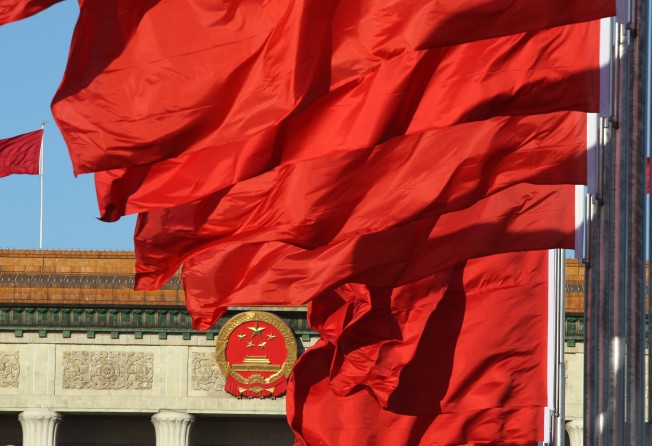The one big unanswered question hanging over China’s plans for new state anti-graft agency
Pilot areas silent on the role of lawyers in planned supervision regime

Beijing has signalled how plans for a new anti-graft body will be rolled out across the country but has still not answered one of the biggest questions: whether detained officials will be allowed to consult a lawyer.
In a series of reports posted on the website of the Communist Party’s anti-corruption watchdog, three pilot areas for a planned new supervision commission detailed how they were rolling out the programme.
The new system will integrate various government anti-graft forces and cover all public servants. It is being tested in Beijing, Shanxi and Zhejiang, with anti-graft staff from the government and procuratorates transferred to the new agencies.
The Central Commission for Discipline Inspection, the party’s anti-graft watchdog, has long been criticised for lack of transparency when interrogating party cadres. There have been calls for the new commission, the government’s planned equivalent, to be a more transparent body.
In the reports, the new agencies in the pilot areas all said they had detained officials. In Shanxi, Guo Hai, former chairman of Shanxi Coal Import & Export Group, was among the nine officials detained in that province.
The reports said the detainees’ personal, property and defence rights were respected, and each person in custody was allowed adequate food and rest. But there was no indication the detainees were allowed to access to a lawyer.
Li Chengyan, a retired professor from Peking University’s school of government, said detainees should be allowed to hire lawyers because detention by a supervision commission was a state – rather than an internal party – process.
Shanghai-based lawyer Si Weijiang, agreed, saying it was standard international practice for lawyers to step in at the investigation stage. “The legitimate rights and interests of suspects can be protected if there are lawyers,” Si said. “[They can] reduce the occurrence of torture used to extort confessions.”
Zhuang Deshui, an anti-corruption specialist at Peking University, said the involvement of lawyers was the focus of debate surrounding the draft supervision law that would govern the new commission. The draft is due to be reviewed by the Standing Committee of the National People’s Congress this month.
“[The commission] would definitely see intervention by lawyers as undesirable,” Zhuang said.
“If lawyers were allowed in, they would speak for their clients and [the commission] would find it harder to investigate cases.”
The Shanxi report also said officials had to be held at a designated place for no longer than 90 days, unless under specified circumstances. But Li said corruption investigations usually took longer. “It usually takes at least six months to one year as far as I know,” he said.